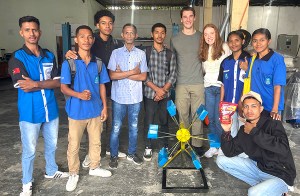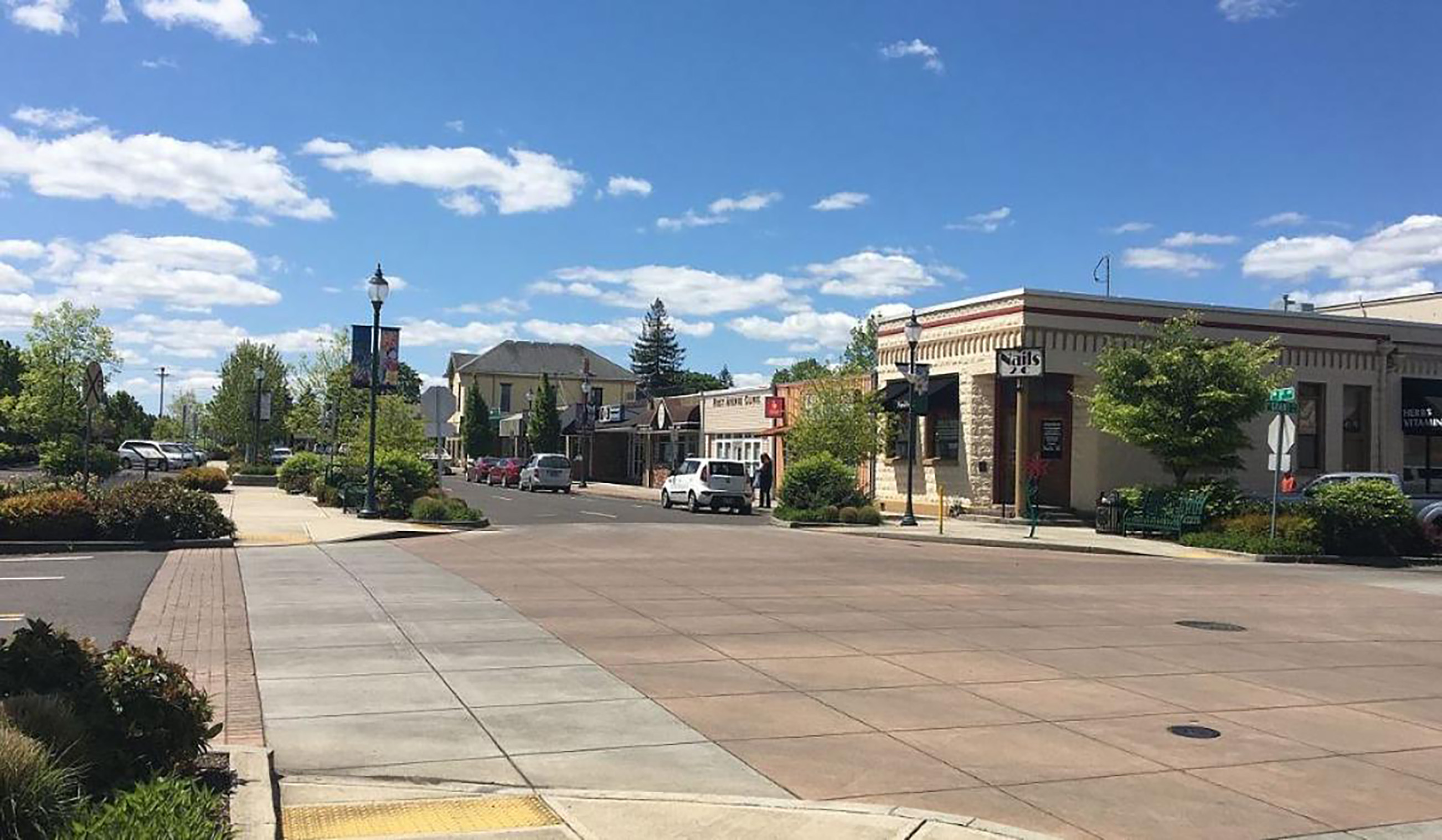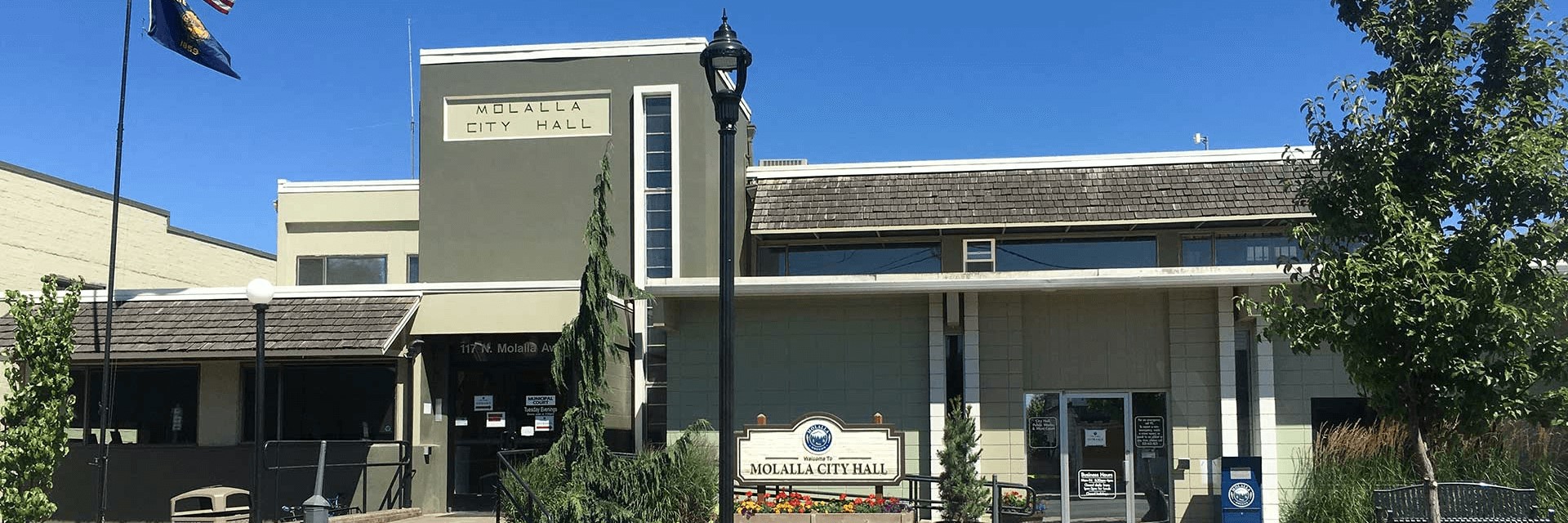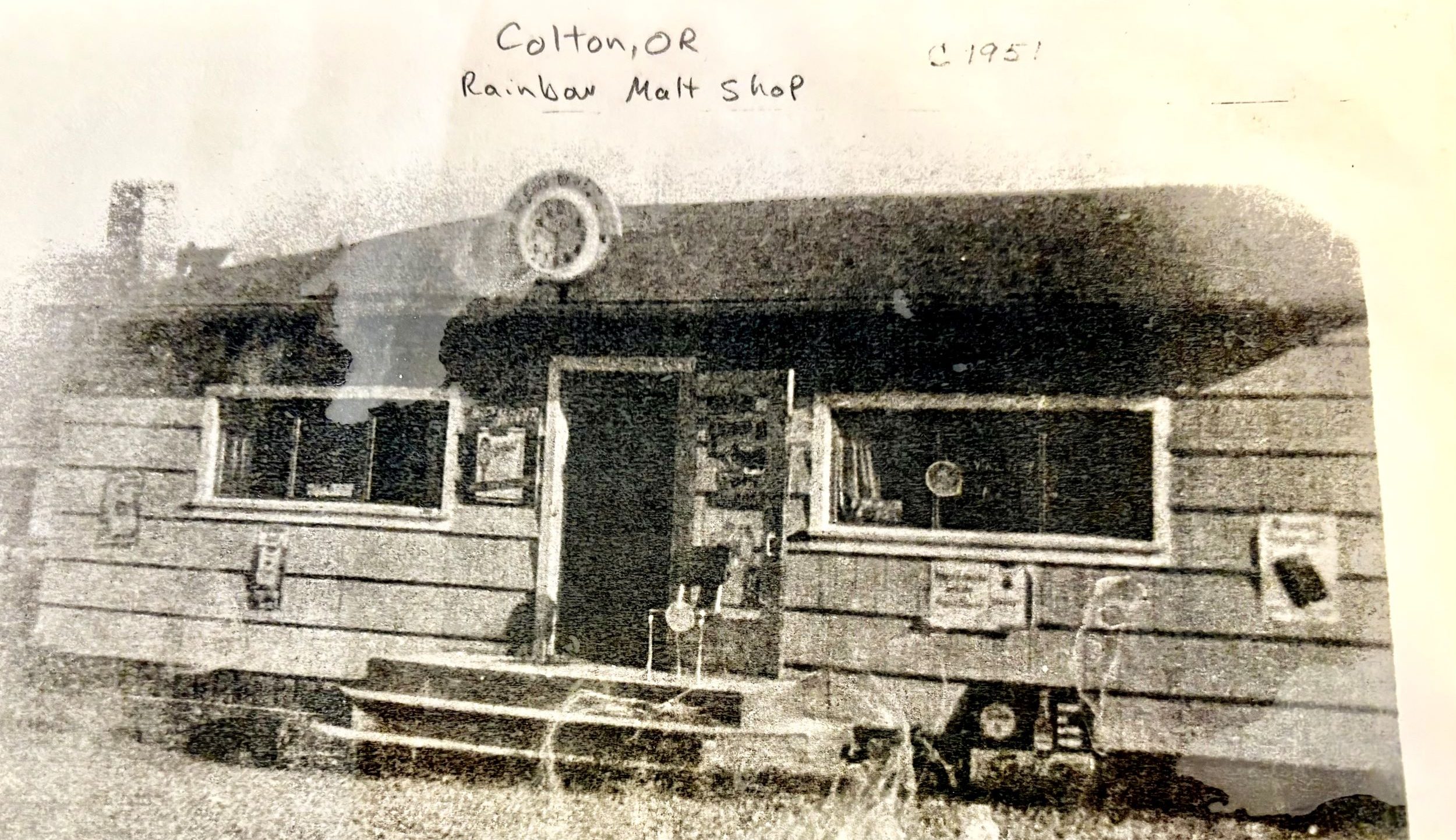Canby natives develop water power uses in Timor Leste
Published 9:14 am Saturday, May 17, 2025

- Joe Brauckmiller leads a group of students through a build during trip to Timor Leste.
Joe and Kali Brauckmiller helped engineer some water-based solutions for small southeast Asia country
For the residents of the small, fairly new country of Timor Leste, enjoying a hard-won independence doesn’t come with a lot of amenities.
But easing the burden of day-to-day life in the small Asian country was exactly the reason that Canby High graduates Joe and Kali Brauckmiller (class of ‘22) spent their spring break offering a helping hand.
Timor Leste, comprising the eastern half of the Southeast Asia island of Timor, gained its independence from Portugal after nearly 400 years, then was almost immediately annexed by Indonesia and was part of that country until 1999. The country was known as East Timor until 2002 when it achieved full independence as Timor-Leste.
Trending
The fight for independence was a long and grueling one. And it left the country’s infrastructure in poor shape and forced many Timorians to seek solitude and live off the grid. That’s where Brauckmillers, who live in Newberg, came in.
“I’m a junior at George Fox University and part of my schooling is being a ‘servant engineer,’ where you get into a project with students from other disciplines that helps a particular client,” said Joe Brauckmiller, a civil engineering major. “This wasn’t necessarily my experience, but I embraced the challenge and learned a lot while leading my group.”
Through various connections, Brauckmiller’s group connected with Timor-Leste University and the Dili Institute of Technology and learned of needs within the country, chief among them creating power using hydroelectricity. That fit the bill perfectly for what Joe’s group wanted to accomplish.

Students in Timor Leste with one of the devices they helped construct.
“Though our client was Volunteer Voyages, they connected us with this university, which in-turn let us know about the large groups of people in Timor-Leste that are insulated, impoverished, many living in single-family dwellings with multiple generations,” Joe said. “I got to be part of a team that focused on water energy – small simple systems built with whatever they had lying around in their country. We would build them, and they could be used to charge several devices or run lights, as well as help with the water supply. It was a small improvement for their way of life.”
Brauckmiller and his team of six GFU students went to work, finding materials where they could and improvising when they needed to. A junkyard conveniently located by the university offered a wealth of materials to work with and they scrounged for other materials throughout the area. Given only a week to put things together, the group created multiple water-focused power devices.
It was, said Brauckmiller, very rewarding work.
Trending
“First of all, it was inspiring to see how faith-centered the people were,” he said. “They have a very devout faith there. They welcomed us with a friendliness and joyfulness that was really nice. They were very excited to see Americans.”
The flip side, of course, is that seeing those with very little reminds one of the sense of privilege an American takes into that kind of situation.
“We take for granted the daily access to so many things that they don’t,” said Brauckmiller. “But they are a very content people. We had a joyous time there. It was a great experience.”
Brauckmiller said he was particularly grateful to share the experience with his wife, who wasn’t part of the engineering aspect of the project, but went along to help where she could.
“My wife just graduated from George Fox (Interior Design) and came along to help our group,” he explained. “She was a great help while we were there and did a lot of work on the front end,” which included a fundraising page and other itinerary items.
“It was a very good experience for all of us,” he added.







